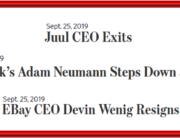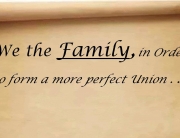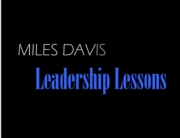Family businesses Forever 21 & Nordstrom offer a contrast in management styles. Within this contrast is a Lesson Found for other family businesses.
Founded in 1984 by the Chang family, the fast-fashion innovator Forever 21 expanded rapidly in the early 2000s only to file for bankruptcy last month. The cause of this change in fortunes can be traced to the Chang family’s management style. Specifically, the Chang’s tightly controlled all decision making, spurning input from outsiders. Management expert Erik Gordon aptly summarizes Forever 21’s situation: “On the founder side, this hubris thing is pretty common, but it’s particularly deadly if you’ve been successful for a long time.”
In contrast, the Nordstrom family has groomed and brought in non-family managers to assist in transforming the 118-year-old retail institution. Under the steady hand of family leadership, these managers are bringing Nordstrom into the 21st century with innovations like Nordstrom Local, a brick-and-mortar outlet with no inventory. Nordstrom has also experienced troubled times. But by working their way up the ranks within the organization, family members understand the roots of Nordstrom’s success as well as how to exemplify humility in their own limits.
For family businesses, the Lesson Found in this contrast is the value of input from outside the family. One method for achieving this is through inclusion of non-family members in upper management. Whether it be grooming from within or cultivating relationships elsewhere, the process for identifying and selecting these managers needs to be deliberate and systematic. Another critical piece is to seek out managers with divergent ideas and the courage to challenge family when appropriate.
An independent Board of Advisors is another method for broadening management’s perspective within the family business. Owners almost always resist when I make this suggestion. However, this resistance turns into understanding when I explain the difference from a Board of Directors. As the name implies, the function of a Board of Advisors is to offer advice with no formal vote on the final decision.
And, as I have previously noted, the choice of who to include on this advisory board depends on the current needs of the business and the family. Ultimately, a carefully selected board of outside advisors can propel the company (and the family) further and faster than going about it alone.
Interested in learning how the Small Business Group of owners and CEOs I’m currently building can become your advisory board? Call (717-439-6254) or email me to learn more.
Life brings us lessons every day. Sometimes from expected sources. And sometimes from sources and situations we never would have thought possible. Either way, they are a gift found. I am fortunate to find these types of lessons regularly and wanted to share them with you with this weekly series of “Lessons Found”.
Did you recently receive the gift of a Lesson Found that has helped you with management, marketing or another aspect in business? I would love to hear about it. Comment below or send me an email to let me know.
ACKNOWLEDGEMENT: Image by Peggy und Marco Lachmann-Anke from Pixabay













































































